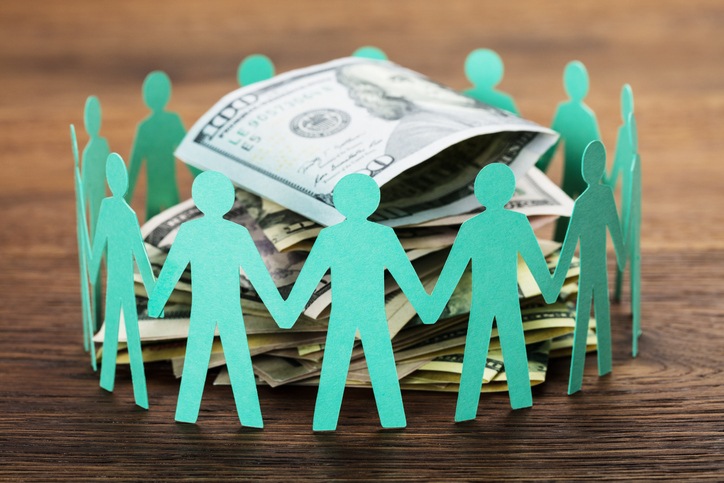GoFund Who? These Are The Cancer Patients Who Really Benefit from Crowdfunding Campaigns
While likely well-intentioned, the use of crowdfunding campaigns for cancer care may not actually benefit the patients with the most significant economic need, new research suggests.
In fact, the study authors concluded, “By rewarding those with existing socioeconomic advantage, cancer crowdfunding may perpetuate socioeconomic disparities in cancer care access. The findings also underscore the widespread nature of financial toxicity resulting from cancer care.”
The study assessed U.S. cancer crowdfunding campaigns that took place from 2010 through 2019 as well as 2013-2017 American Community Survey data. The primary exposures were the neighborhood deprivation index in the campaign’s location and the features of the campaign text that suggested the worth of the beneficiary. The main outcome was how much money was raised.
A total of 144,061 campaigns were identified. Campaigns conducted in counties that had higher neighborhood deprivation raised less money compared to those with less neighborhood deprivation (–26.07%; 95% confidence interval [CI], –27.46% to –24.65%; P<0.001). Including legitimizing details helped to raise more funds, including cancer (9.58%; 95% CI, 8.00-11.18%; P<0.001) and treatment types (6.58%; 95% CI, 5.44-7.79%; P<0.001), insurance status (1.39%; 95% CI, 0.20-2.63%; P=0.02), and out-of-pocket costs (7.36%; 95% CI, 6.18-8.55%; P<0.001).
Certain descriptions of the beneficiaries were also associated with raising more money, including brave (15.40%; 95% CI, 14.11-16.65%; P<0.001), warm (13.80%; 95% CI, 12.30-15.26%; P<0.001), and self-reliant (5.23%; 95% CI, 3.77-6.72%; P<0.001).
The study authors concluded that, “crowdfunders with the digital literacy necessary to market beneficiaries as worthy and those in higher-[socioeconomic status] areas raised significantly more money through online cancer crowdfunding than those without these advantages. Our results suggest that rather than remedying socioeconomic disparities in cancer care, online crowdfunding provides additional privileges to those with existing socioeconomic advantage, potentially exacerbating [socioeconomic status] disparities and further marginalizing those most at risk of [financial toxicity].”
The study was published in JAMA Network Open.
Source: UrbanHealthToday By Kaitlyn D’Onofrio
Support families fighting financial toxicity of cancer here
